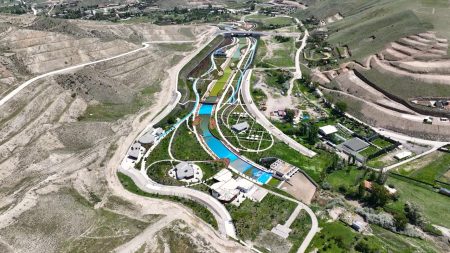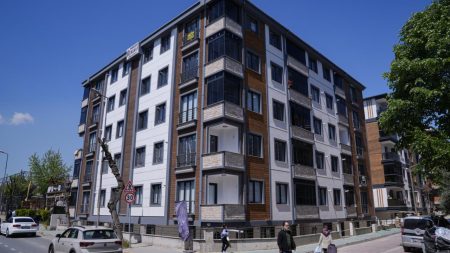The Supreme Election Council (YSK) continues to review the objection applications submitted by political parties regarding the local elections held on March 31. In this context, the council rejected the objection applications made by the CHP for the cancellation and re-election of the local elections in Hatay and Iskenderun, as well as the objection made by the GOOD Party for the cancellation and re-election of the election in Ordu, citing “complete unlawfulness.”
Additionally, the council also issued a rejection decision regarding the extraordinary objection made by the AK Party for the cancellation and re-election of the election in Ardahan. The reasons for these rejections were not specified in the initial report, but it is evident that the YSK did not find sufficient grounds to accept the objections and order a re-election in these particular cases.
These decisions by the YSK come amidst ongoing debates and controversy surrounding the local elections in various provinces across the country. Political parties have been voicing their concerns and objections regarding alleged irregularities and unlawful practices during the electoral process, leading to a series of legal battles and appeals to the election council.
The YSK’s role as the ultimate authority in resolving election disputes and overseeing the electoral process is crucial in maintaining transparency and credibility in the democratic system. The council’s decisions regarding the objection applications will have significant implications for the future of local governance in the provinces where the elections are being contested.
As the YSK continues to review the remaining objection applications and make decisions on whether to cancel and re-hold elections in certain provinces, the political climate in Turkey remains tense and polarized. The outcomes of these legal battles and the council’s final rulings will determine the legitimacy and public trust in the electoral process and the democratic institutions of the country as a whole.















